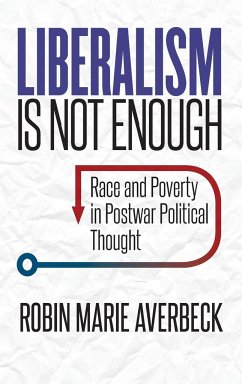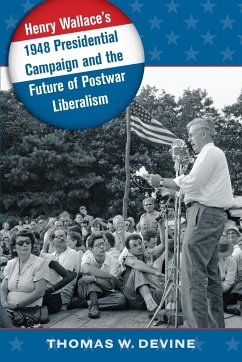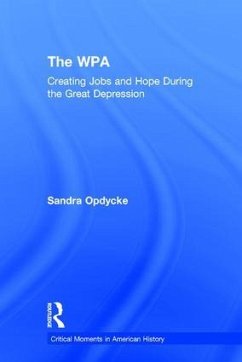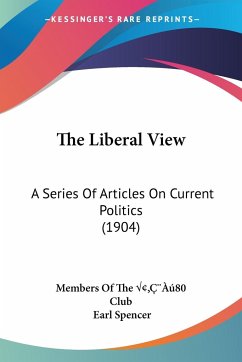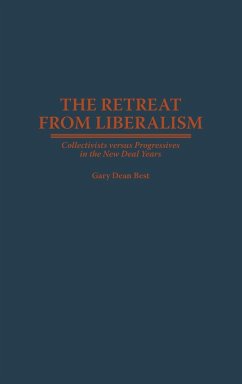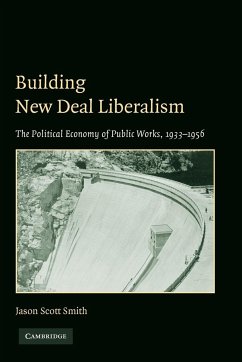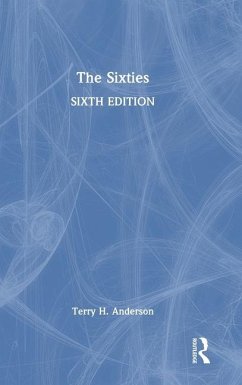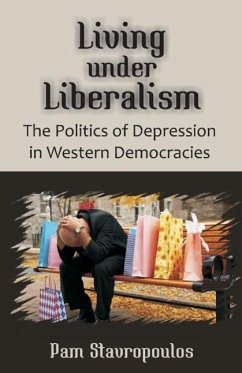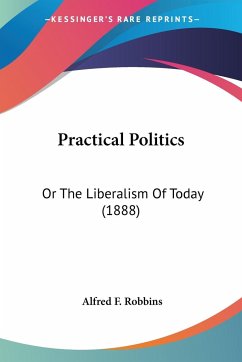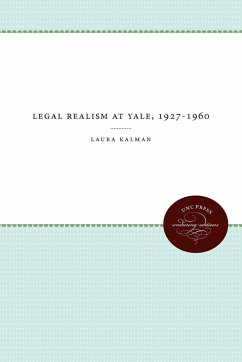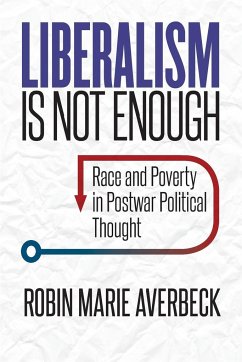
Liberalism Is Not Enough
Race and Poverty in Postwar Political Thought
Versandkostenfrei!
Versandfertig in 1-2 Wochen
30,99 €
inkl. MwSt.
Weitere Ausgaben:

PAYBACK Punkte
15 °P sammeln!
In this intellectual history of the fraught relationship between race and poverty in the 1960s, Robin Marie Averbeck offers a sustained critique of the fundamental assumptions that structured liberal thought and action in postwar America. Focusing on the figures associated with “Great Society liberalism” like Daniel Patrick Moynihan, David Riesman, and Arthur Schlesinger Jr., Averbeck argues that these thinkers helped construct policies that never truly attempted a serious attack on the sources of racial inequality and injustice. In Averbeck’s telling, the Great Society’s most notable ...
In this intellectual history of the fraught relationship between race and poverty in the 1960s, Robin Marie Averbeck offers a sustained critique of the fundamental assumptions that structured liberal thought and action in postwar America. Focusing on the figures associated with “Great Society liberalism” like Daniel Patrick Moynihan, David Riesman, and Arthur Schlesinger Jr., Averbeck argues that these thinkers helped construct policies that never truly attempted a serious attack on the sources of racial inequality and injustice. In Averbeck’s telling, the Great Society’s most notable achievements — the Civil Rights Act and the Voting Rights Act — came only after unrelenting and unprecedented organizing by black Americans made changing the inequitable status quo politically necessary. And even so, the discourse about poverty created by liberals had inherently conservative qualities. As Liberalism Is Not Enough reveals, liberalism’s historical relationship with capitalism shaped both the initial content of liberal scholarship on poverty and its ultimate usefulness to a resurgent conservative movement.





